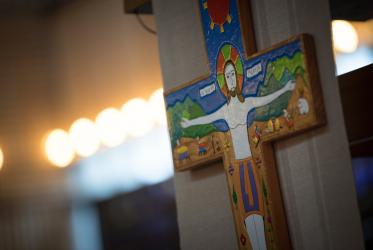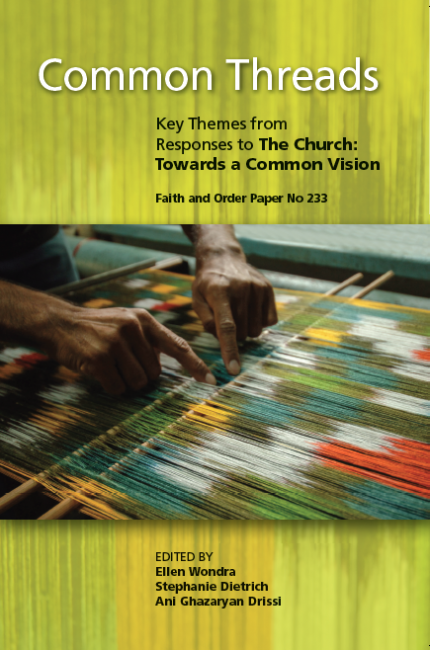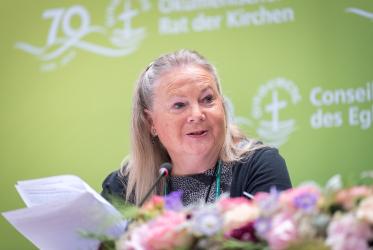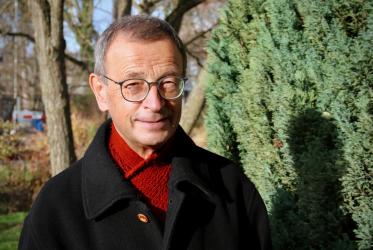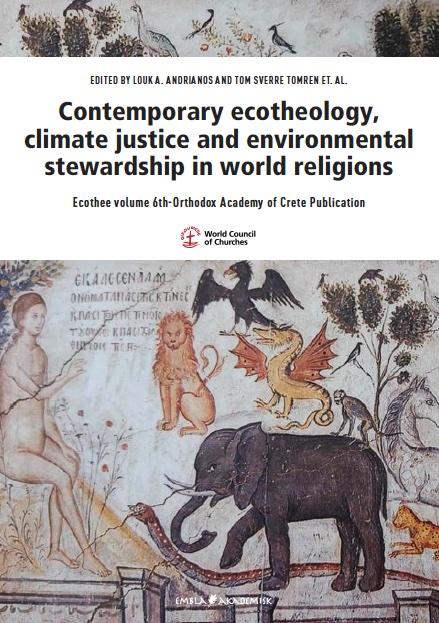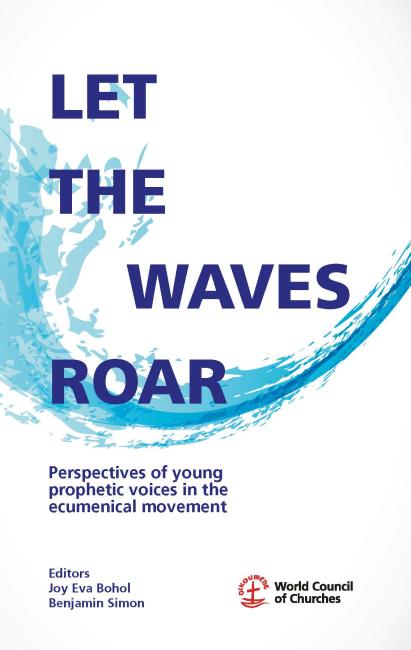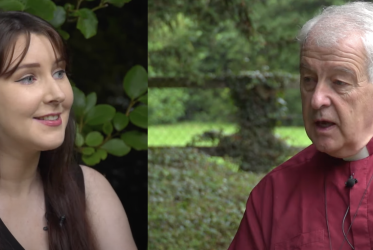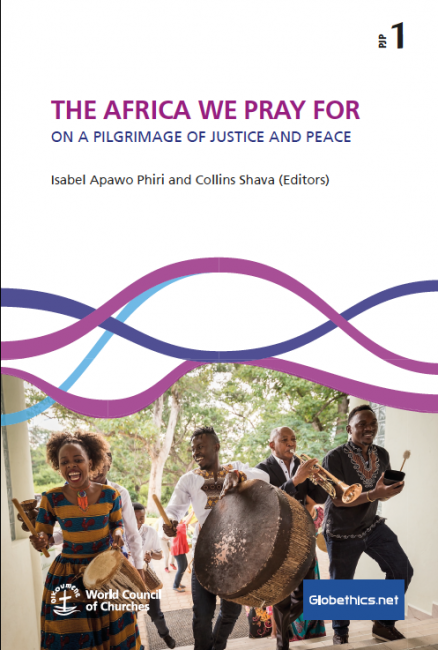Displaying 161 - 180 of 382
Pilgrims on the Path of Peace
The Journey of the WCC from Busan to Karlsruhe (Unillustrated)
28 February 2022
Common Threads
Key Themes from Responses to The Church: Towards a Common Vision. Faith and Order Paper No 233
25 February 2022
Prayer life of Bishop Mary Ann Swenson has deep roots
31 January 2022
Prayers, stories will be the heartbeat of the WCC 11th Assembly
25 January 2022
Brother Alois: Faith in Christ means strengthening unity
21 December 2021
Contemporary Ecotheology, Climate Justice and Environmental Stewardship in World Religions
Ecothee Volume 6th-Orthodox Academy of Crete Publication
19 December 2021
Let the Waves Roar
Perspectives of Young Prophetic Voices in the Ecumenical Movement
19 December 2021
